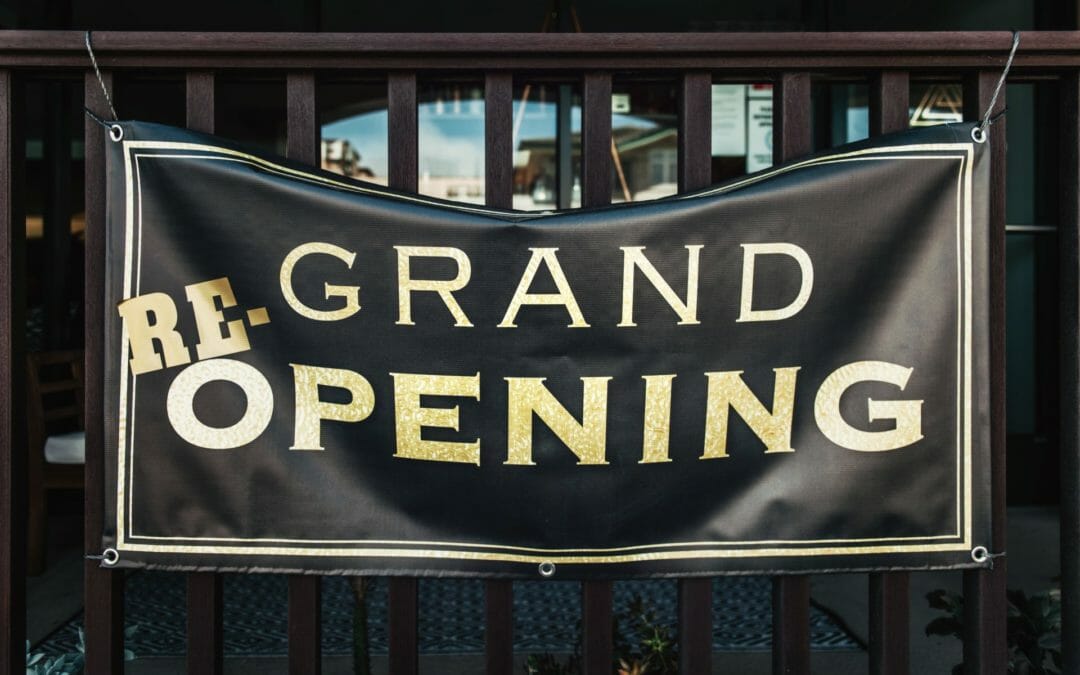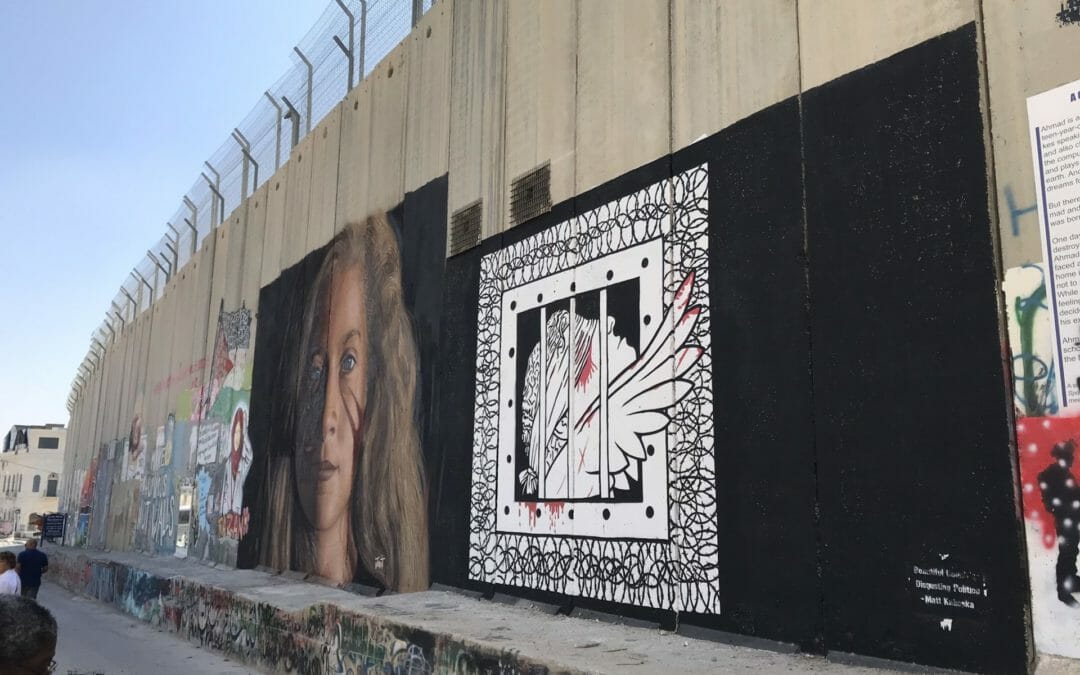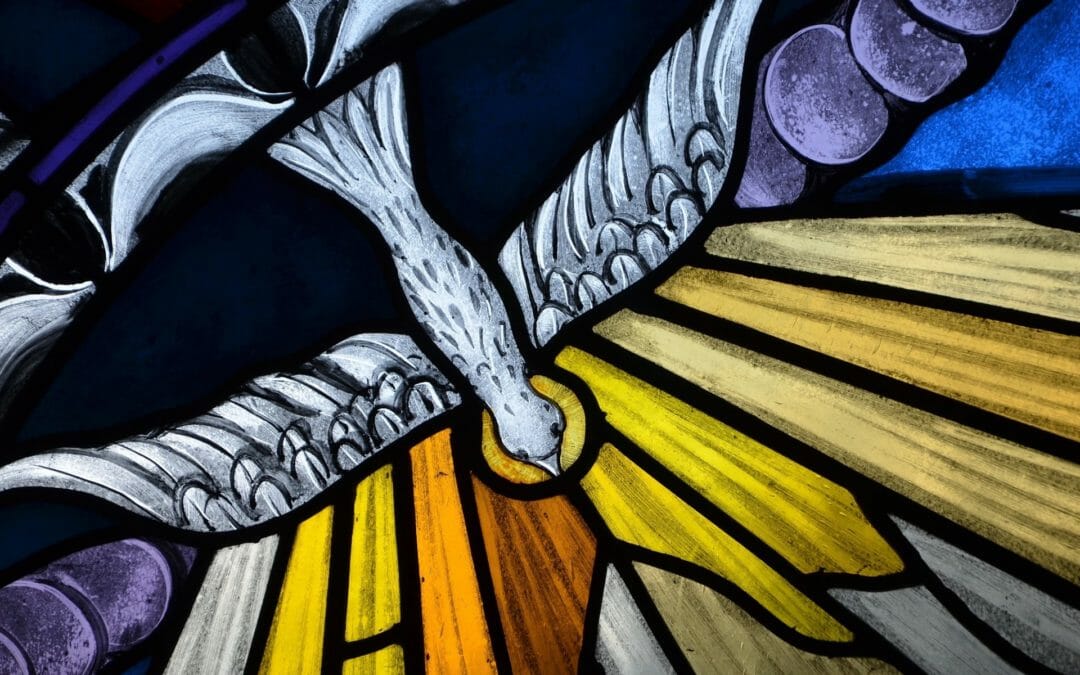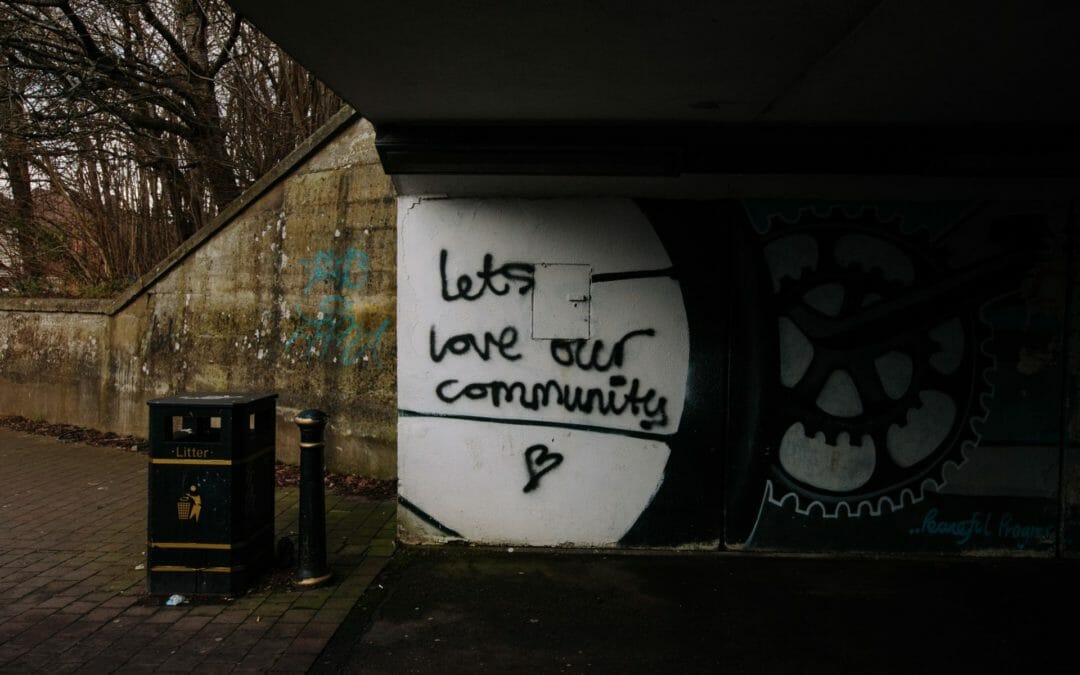
New measures of (re)engagement for a post-pandemic church
As ministry leaders look to guide congregations through and past the challenges of the COVID-19 pandemic, many are beginning to think about what the Church will look like moving forward.

As ministry leaders look to guide congregations through and past the challenges of the COVID-19 pandemic, many are beginning to think about what the Church will look like moving forward.

If part-time ministry supported by secondary (and sometimes tertiary) employment is truly “the wave of the future,” we desperately need to face the elephant in the room. We need to have honest, straightforward, and faithful conversations about clergy compensation and how the church can lead in economic justice.

As we pray for peace in Israel and Palestine, as many churches are currently doing, that does not mean sitting in the middle and avoiding making moral judgements.

The best way to think about Pentecost is to consider that without that event the church would have no power. Pentecost is the day when churches all over the world pause to remember the moment in Jerusalem when the Holy Spirit swept into the upper room where the disciples of Jesus were still in hiding, 50 days after the resurrection of Jesus. Up to that point, those men barely ventured outdoors for fear that what had happened to Jesus might also happen to them. Up to that point, there was no preaching going on and no healings occurring in the name of Jesus. There was just a group of frightened people not knowing what to do next. Christ may well have been risen, but before the Day of Pentecost “the church had no power!”

Speaking and preaching about mental illness with directness and compassion will only take a congregation so far. Real and sustained progress requires a change in cultures that demand people hide a part of who they are.

So this day, we hope to remember the day of Pentecost, as the Spirit of God breathed life into the Church, and remember that we are not at the end of that holy fire, as if we are the dying embers at day’s end. Instead, we dare to think of ourselves as the continuation of that story, with the desire to live our lives together as a spiritual community, responsive to the Spirit kindling within us, prompting us, pushing us, beckoning us to reach beyond our boundaries, beyond these four walls, and out into the world.